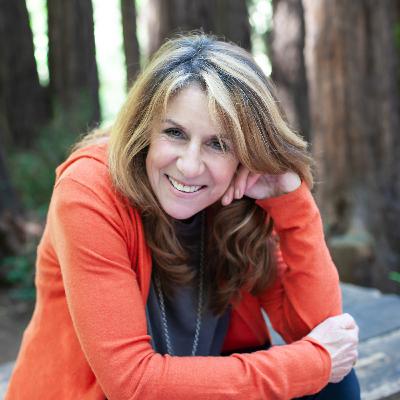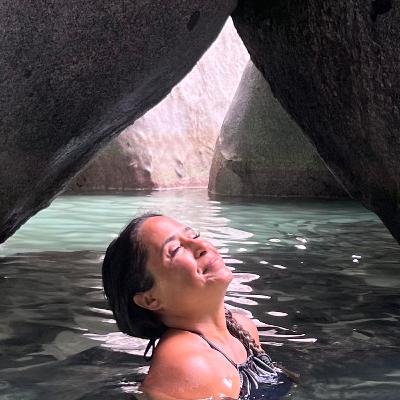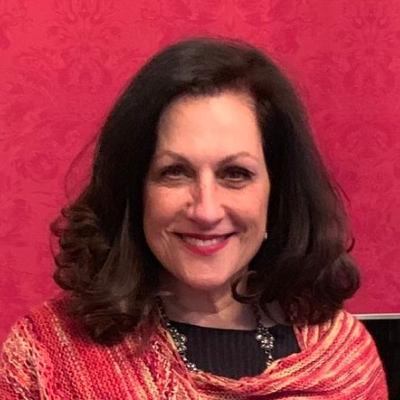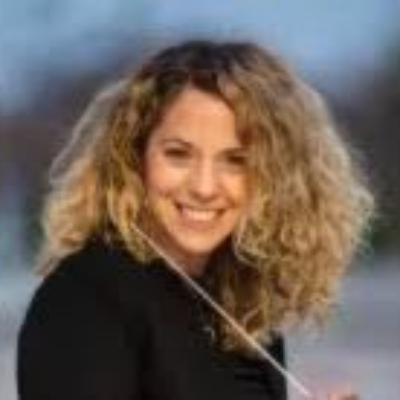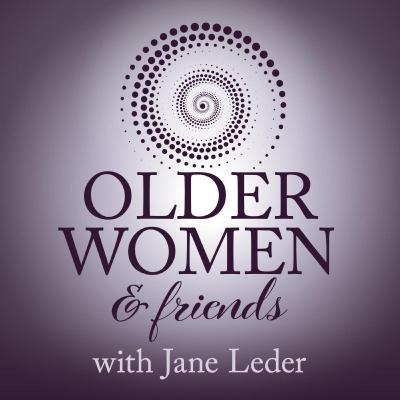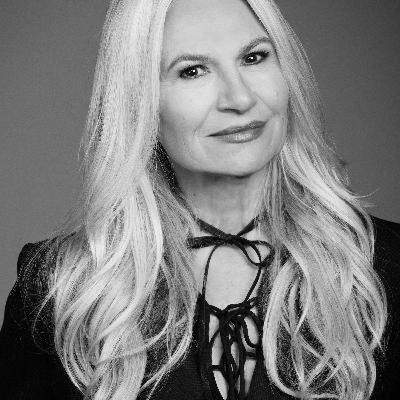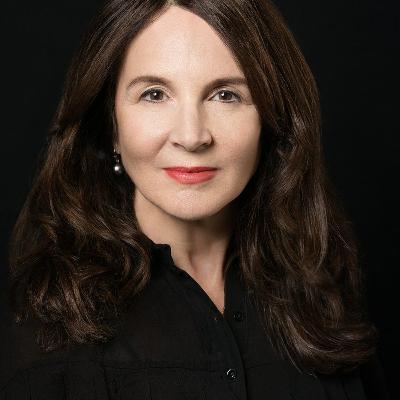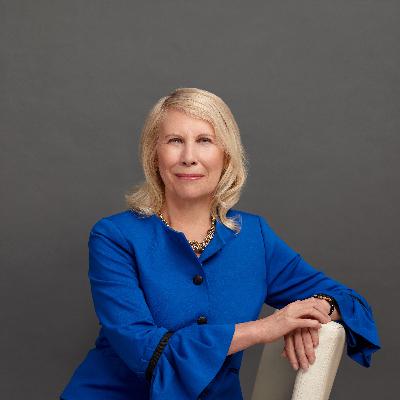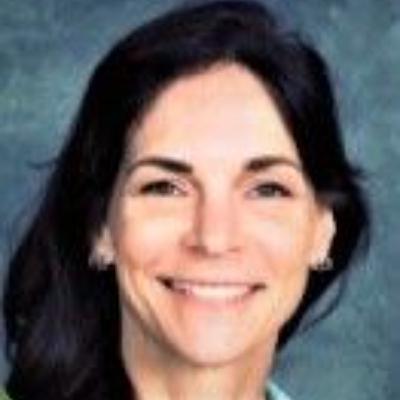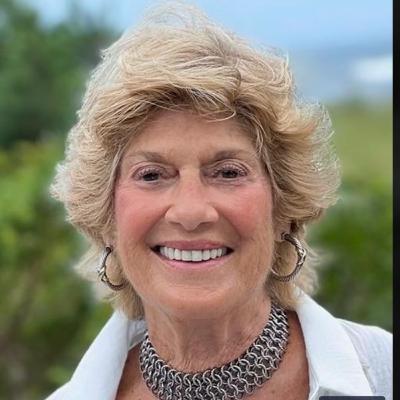"I tell women all the time that embracing one's authentic self in life takes time. It is like peeling multiple layers of an onion," said Clare. "You want to be the same person, no matter where you are."Clare Beckton grew up "very poor." Her family lived in a three-room shack with no running water. What she understood early on was how power was wielded by her father, her brothers, and the men in the small farming community where she lived and how women got the short shaft. "I was a feminist at an early age," Clare said. "I knew that I wanted to make a difference."There were no strong, self-assured female role models in Clare's life. But she decided to go to law school, and with no money, she set out to win all the school awards and land a scholarship, which she did. Upon graduation, she was encouraged to go to graduate school in law and nabbed a teaching fellowship. Later on, she then spent twenty-three years in the Canadian Justice Department."I call this stage of life rewirement, not retirement," Clare said. "I focus only on my passion for making a difference with women entrepreneurs and older women in the workplace.""I tell women all the time that embracing one's authentic self in life--knowing who we are as a person-- takes time, like peeling multiple layers of an onion," said Clare. "You want to be the same person, no matter where you are."How do you connect with your authentic self? Clare offers many suggestions:Reconnect with your values. Consider what's driving your life. If you're out of alignment with the values of the work you're doing, ask why you're doing what you're doing, and make any necessary changes.Seek feedback. Listen to what someone has to say. Even if the feedback is not what you'd hoped, learn from it.Reflection - Ask yourself what part you played in a situation that went wrong, and learn from your mistakes or misjudgmentsAcknowledge your successes. Celebrate.Network. Build connections. Understand how the system devalues your talents and skills, and collaborate with other women about strategies, experiences, and solutions.Show Up, Speak Up. Never lose your voice.Get up in the morning with a PURPOSE, a reason to look forward to the day."We live in a society that doesn't value the wisdom of older people, particularly women," said Clare. "Refuse to be invisible. Don't be sidelined.The title of Clare's book says it all: Own It: Your Success, Your Future, Your Life.https://www.amazon.com/Own-Your-Success-Future-Life/dp/1460252314 or wherever books are soldhttps://www.linkedin.com/in/clarebeckton/https://womensbusinessnetwork.ca/introducing-clare-beckton-honorary-bya-chair/Check out Clare's blogs on Huffington PostAnother great podcast to check out:Aging With Purpose & Passion w/ host, Beverly Glazerhttps://www.agingwithpurposeandpassion.com/Email Bev@reinventImpossible.comWebsite https://reinventimpossible.com/podcastWebsite: https://www.agingwithpurposeandpassion.comhttps://www.linkedin.com/in/beverleyglazer/https://www.facebook.com/beverley.glazerGrouphttps://www.facebook.com/groups/womenover50rockhttps://www.instagram.com/beverleyglazer_reinvention/













